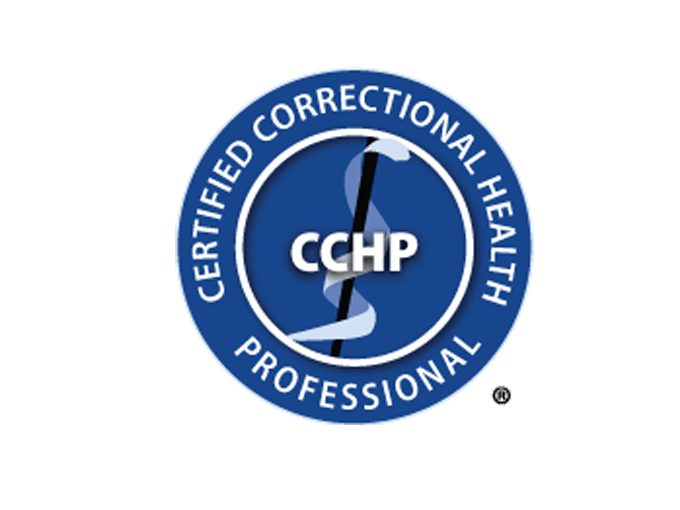
Standards Q&A: 75% Custody Health Training Requirement
Does the 75% requirement refer to all custody staff or only those working during
Home Confronting Injustice: Don’t Let Fear Get You Down
by Robert M. Morris, MD, CCHP-P
Recent events in the United States have generated a lot of conversations about racism, a plea for ongoing discussions, and calls for change.
Fear can be a powerful impediment to dialogue about racism. Fear of saying the wrong thing, fear of being challenged, fear of losing a friend or a job – those fears are real. Saying nothing is so much easier: “No one else seems to mind. Why stick out my neck? We’ve always done it this way. I’m sure ‘they’ know better.” Speaking out can be lonely and risky.
CORRECTIONS CONNECTION?
I observe that same fear and reticence in many areas of corrections. The fear of negative consequences and the need for courage to speak up are the same, whether the issue is blatant racism, more subtle bias, an unfair policy, or some other sort of behavior or injustice.
The question is: How do we react when we see wrongs being perpetrated? What do we do when we witness racism, poor policies, or plain old rudeness? Do we speak up and make an effort to correct wrongs?
As Beverly Daniel Tatum, PhD, points out in “Why Are All the Black Kids Sitting Together in the Cafeteria?” silence has a price. When we fail to speak up – about racism, inappropriate cultural biases, prejudiced behavior, poor or negative policies – the result is a loss of human potential, lowered productivity, and a danger of increasing tides of fear and possibly violence. Failure to speak up can alienate us from others, especially our patients, and ironically can lead to burnout: “Things are awful here. I hate working in this dysfunctional organization. I am powerless to make needed changes.”
That pattern can happen to anyone – staff members, managers, supervisors, and other leaders.
ACTION AND REACTION
How can we begin to think about addressing needed changes? Here are my suggestions:
Form alliances with like-minded coworkers, as well as others inside and outside your organization, to discuss mutual concerns and possible solutions for improvement. Don’t condemn yourself to isolation. Change work is tiring so look to your community and create a network of support. You only need a few people to keep you going.
Participate in NCCHC events. Communicate with others through NCCHC’s online community, Connect. Join the Academy of Correctional Health Professionals or the American College of Correctional Physicians. Identify a mentor. Look for champions who have been successful.
Turn to the NCCHC standards and position statements for guidance.
Build on momentum. Success in making even small changes results in an improved sense of empowerment, confidence, and self-worth. Success is a stimulus for continuing to work for improvements and a connection to others who share the same values.
Identify your strengths and use them. It can feel like there are too many problems to address and you can’t fix everything. Concentrate instead on one or a few problems that are important to you and have the potential for change. Do the right thing by responding to your inner truth.
DISCOMFORT LEADS TO PROGRESS
If you are in a supervisory or management position, suggestions for change and interventions might make you uncomfortable. But that is the only way progress can happen. If you are challenged, try to avoid defensiveness. If you can welcome criticism, suggestions, and input from employees, you will find that a collaborative organization functions more effectively and smoothly. For example, an improved procedure or policy may cost more upfront but can prevent larger expenses in the future.
If you make a mistake or a wrong decision or inadvertently offend someone, apologize and move on.
Working for change takes hard work and energy, but not as much as the energy it takes to maintain a sense of resignation and defeat. And the results are much more rewarding.
– Robert E. Morris, MD, CCHP-P, is the 2020 chair of NCCHC’s board of directors and board liaison of the Society for Adolescent Health and Medicine. This column first appeared in the Summer 2020 issue of CorrectCare, Vol. 34, Issue 3.


